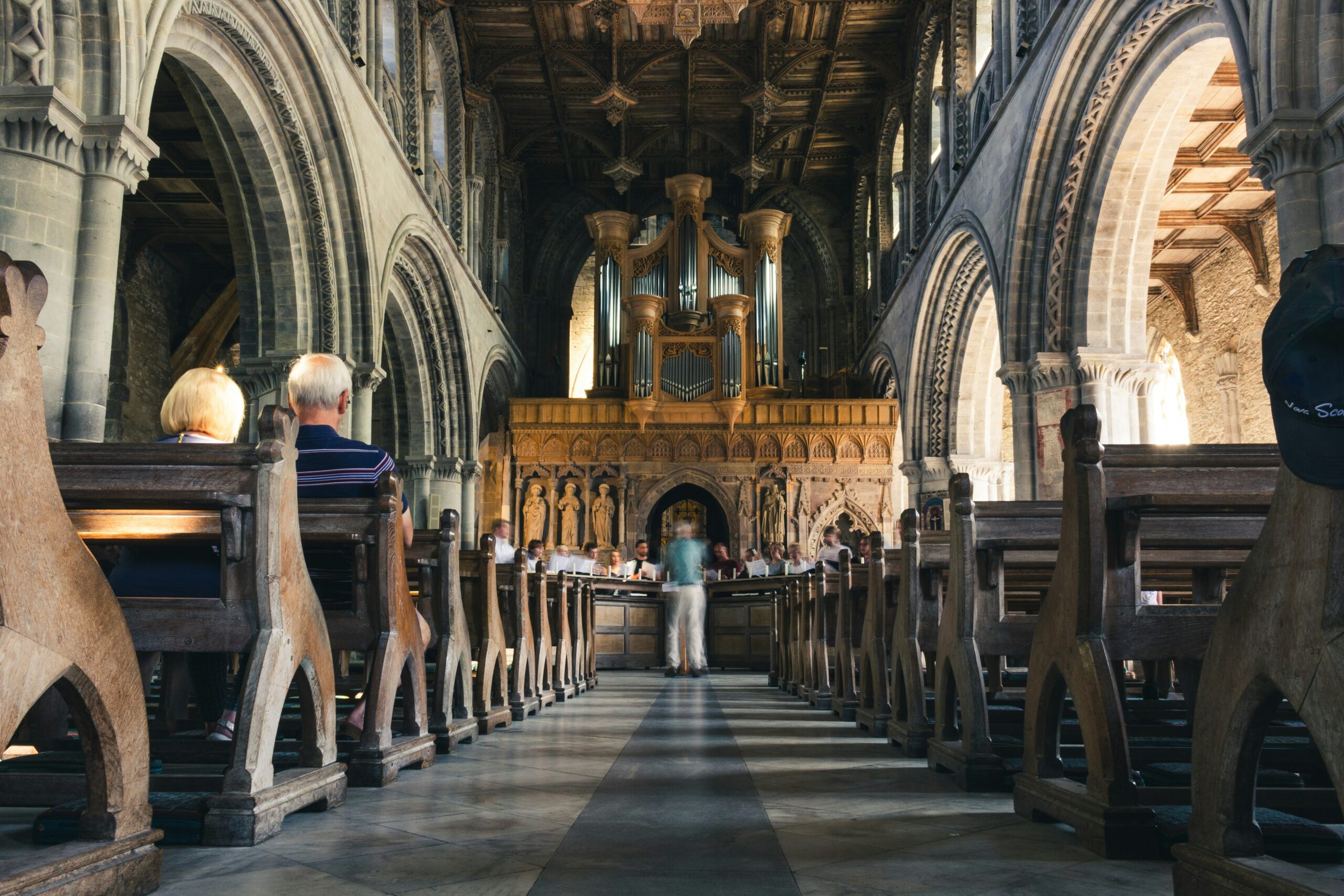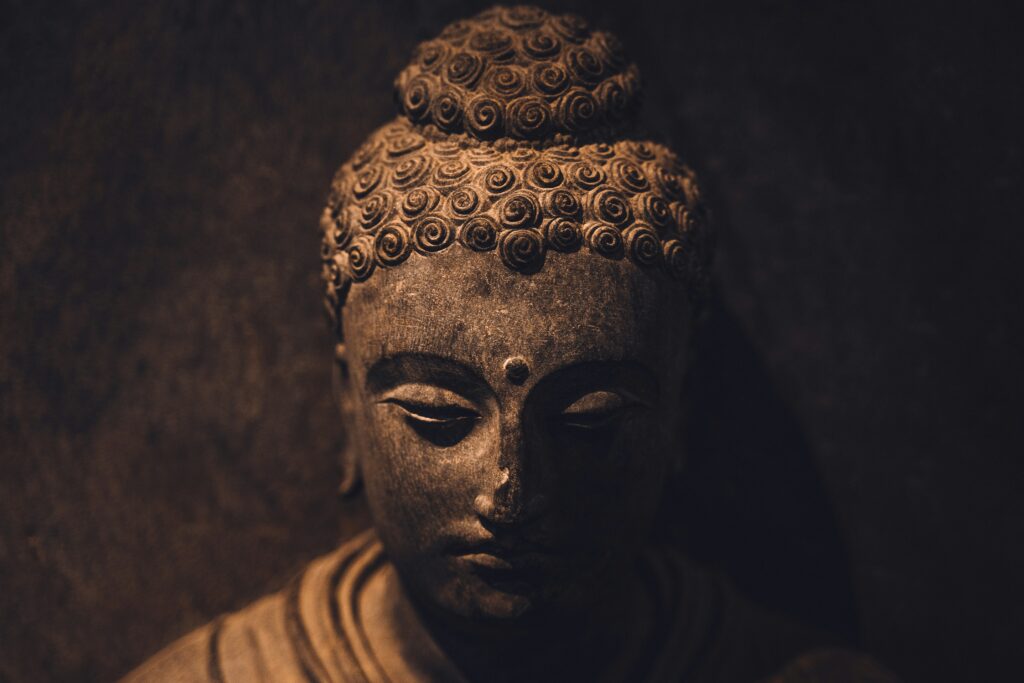
Belief systems are the bedrock of humanity. Sounds dramatic, I know! But in addition to the ostensible belief systems we think of and see play out, there are a million other ones underneath the surface. In a psychological and energetic way, beliefs run the world and the people in it.
There are, of course, many different factors that contribute to human behavior. In this blog, we are going to delve into what belief systems are, and how they shape not only mental health, but life for the vast majority of the global population.
A belief system can be defined as a collection of principles or concepts that guide a person or group’s perception of reality. While intangible, the impact cannot be overstated – both for an individual and society as a whole. Beliefs are a type of psychic structure that interpret life and everything in it.
We often think primarily of world religions and their beliefs and practices, especially major religious groups like Christianity and Islam and Judaism (the Abrahamic religions). In addition, there are countless other ways to express religion and spirituality. There are an estimated 1.2 billion Hindus worldwide, for example! Geographic location plays a role in what religious beliefs people adopt. In the United States, Christianity and Judaism are the most popular religions; Native Americans mostly practiced folk or traditional religions connected to their indigenous roots. Another example is that Islam is most prevalent in the Middle East and North Africa.
The word religion overlaps with the term belief system, and some consider them synonymous. However, they differ slightly. Not all belief systems are religions, but I think it’s safe to say that all religions are (or contain) belief systems. Religion refers to a universally recognized or institutionalized set of beliefs, values, or practices. Religious beliefs tend to be tied to a larger organization or business that runs said group via meetings, instruction, or social interactions. They also usually relate humanity or its members to one God (monotheistic) or multiple gods (polytheistic) — as well as some form of sacred, divine, or supernatural element.
There are both inner and outer influences when it comes to belief systems. Outer influences include location, family situation and dynamics (or lack thereof), gender, race, socioeconomic status, life experiences, relationships, and opinions of others. Inner factors may include personal interests and preferences, spiritual experiences, natural inclinations, and genetics.
From my perspective, belief systems affect society and social interactions in one predominant way:
Beliefs are, more than anything, a FILTER. They are the lens through which we, both individually and collectively, see ourselves, other people, and the world.
Unfortunately, this has dire consequences (as well as positive effects, see the section below). People inevitably see things differently, and so differently that compromise or peace seems out of reach more often than not. Our planetary family is perhaps more divided than ever, which is distressing to say the least.
Beliefs are often so entrenched into a person or group’s identity, sense of self, and sense of what is right and wrong (not only in the context of morality) that they do not allow for nuance. There are many gray areas in life, but some belief systems simplify them down to black and white. In psychology, black and white thinking is known as an unhealthy coping mechanism and also a common trait of narcissists or abusers. When the justification for a belief or action is a deeply embedded conviction, no amount of arguing or sharing perspectives will likely be fruitful. Hence, the world we see today.
Even in the microcosm of personal relationships, our beliefs filter how we interpret the actions and words of the people in our lives. Are you assuming the worst, the best, or somewhere in between – and what is driving that “in between” part? Take a moment and reflect. It can be driven by past experiences, positive or negative, especially trauma, which changes the brain; as well as worldviews, opinions, or conditioning (all belief systems).
Belief systems create order. This is a huge benefit, both for individual people and a group or society. Here are the main two ways that this order shows up.
There is a lot happening at all times. Our brain and consciousness need some way to organize all that information. Without the foundation of a belief system (or several), we would be overwhelmed and confused. In a metaphorical sense, it files away, or keeps at the forefront, all of the inputs that we take in on a daily basis. Then, we can function better and interpret everything and everyone coming at us.
Belief systems give people a sense of safety due to this order and organization. Whether or not that’s empirically true, it happens nonetheless. They give you a way to categorize people and situations. (Are you seeing how this can be damaging?)
There are truly endless belief systems. While there are a handful of well-known religions, there are tons of lesser-known spiritual communities and philosophies. Some of these turn into cults or high demand groups. For more about the psychology of cult leaders, read this blog here, and why people join cults here.
Plus, every single person has their own beliefs unique to them. Many of these belief systems were not chosen consciously. Rather, they arose out of trauma, family situations, parental influence, life experiences; or research, education, or training of some kind.

As mentioned, there are a plethora of belief systems out there, some secular and some religious. Here is one example of each. Hopefully they will get you thinking, and you’ll understand how beliefs filter the experience of life so strongly.
This is a very common belief —and most people who have it don’t even know they do! Obviously most of us would not consciously choose it. The painful truth is that trauma, abuse, lack, and loss often birth negative or fearful beliefs like this. We are products of our upbringing, family, and culture. If you have this belief, your experiences will be filtered through its psychic structure. You might assume malicious intent of others, or that your work or love will not be valued, for example.
Becoming aware of personal beliefs like this one is the first step (and biggest step) in shifting to more productive ones. Maybe you don’t want to change your belief for some reason, and that is OK too. But ideally, you become more conscious of how they are operating in your life.
This is also a very common belief system, as we know. Religion is founded upon this principle (in most cases). Taking aside whether or not the assertion is true for any one religion or philosophy (and every single one tends to believe it’s only true for theirs), it is important to acknowledge how much division and judgment it creates.
We may hold beliefs such as this, but the key is to be able to still have compassion for fellow humans who do not share it. So simple, and yet apparently so insurmountable. Not everyone falls into this trap, but a tragic amount of the world does. Bravo for your courage to investigate this for yourself.
© Copyright Centered One by Erin, LLC. All rights reserved.
Photos by: